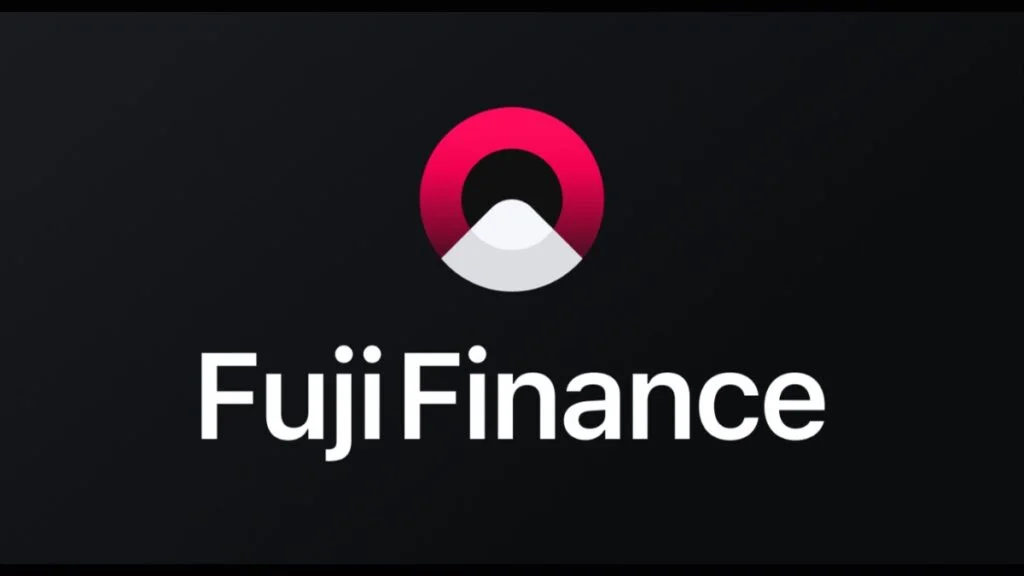Decentralized finance Fuji Finance, a cross-chain money market aggregator, said the protocol had limited financial resources and needed help finding a market for its offering.

In a recent Medium blog post, the business claimed that it had failed to discover “product-market fit,” a position that had been made more challenging by the current bear market in cryptocurrencies.
According to the blog post, Fuji Finance’s team has been attempting to attract more investors since last February, but the effort has appeared to be ineffective, leading the company to decide to pull the plug due to its diminishing treasury.
“Since February of this year, the Fuji team has been fundraising to continue development on the protocol and build out the future of cross-chain DeFi operations. We were unable to find product market fit. With our treasury dwindling, we decided that we needed to begin to close down the company and end operations with no end in sight for the fundraise.”
According to Fuji Finance in a Medium blog post, the first aggregator service was initially made available on Ethereum and Fantom, Polygon, and Arbitrum.
The protocol later made its V2—called Himalaya—public, a cross-chain money market aggregator that lets users borrow from, deposit into, return into, and withdraw from any chain.
Himalaya was implemented on Ethereum, Optimism, Gnosis Chain, Ethereum, and Arbitrum. Although the withdrawal window through the protocol’s user interface (UI) would be open until December 31, Fuji urged users to close their positions and take their money as soon as possible.
If they do not use this channel, users must communicate with the platform’s smart contract protocol after the specified date. In addition to Fuji Finance, additional DeFi lending protocols like Algofi, Everlend, and SpiritSwap recently ceased operations.
